HSBC Catalyst Grant Winner Q&A: Dr. Bob Hamilton
If you’re a medical scientist with a new idea, research money can be hard to come by. Big granting agencies typically fund projects that are established and proven. That’s where catalyst grants come in—to fund research at an earlier stage, when scientists are still gathering evidence for their big idea. Since 2016, HSBC Bank Canada has been funding a Catalyst Grant Competition at SickKids. It has supported 18 researchers, including Dr. Bob Hamilton, cardiologist at our Labatt Family Heart Centre. He talks about the importance of early stage granting programs, how they translate into bigger grants, and how they’ve helped advance his own research.
1. What project was your lab working on when you applied for the HSBC Catalyst Grant in 2017?
We had just discovered an autoantibody in the bloodwork of a small number of patients with arrhythmogenic right-ventricle cardiomyopathy (ARVC). It’s a rare heart-arrythmia disease, which is a major cause of sudden cardiac death. And it’s not easy to diagnose. Right now, we figure 80% of people with ARVC don’t know they have it. The autoantibody we found immediately looked to be a promising biomarker of the disease—and offered an easy way to test for it.
“Early grants not only allow you to advance your study, but they also provide evidence to other potential donors and funders that people believe in your work”
2. What did the grant allow your lab to do?
We could increase the number of patients we were assessing for the autoantibody, which is important. Once you make a discovery like this, you have to test it in lots more patients. And HSBC helped us start that process.
3. Why are these early stage grants so important for medical research?
These are increasingly important because major grant competitions want much of the work already done before they will fund a project. Early grants not only allow you to advance your study, but they also provide evidence to other potential donors and funders that people believe in your work, which can often lead to more funding. My lab has since received more than $1 million in external grants and private donations for the ARVC research, including one from the Canadian Institutes of Health Research.
4. Where is the research at now?
We published our results in 2018 and continue to validate the results in patients around the world. We’re working with external partners to develop the clinical test that would detect the autoantibody and allow us to diagnose ARVC quickly and accurately. At the same time, based on our findings, we’re also starting to look at treatment options for ARVC, which is exciting because there aren’t any real treatments for the disease.


